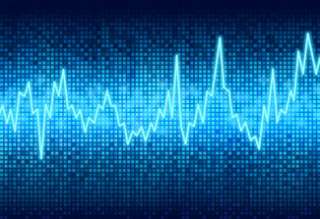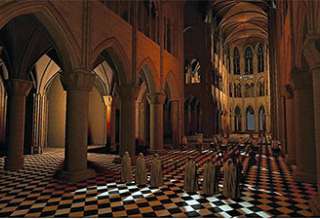Real-Time Ultrasound Thermography and Thermometry
This article describes the basic principles of ultrasound thermography (UST) and its real-time implementation using graphics processing unit (GPU)-enabled software architecture. In medicine, the term thermography is mostly associated with heat-sensing infrared cameras for recording surface temperature changes. In this article, we use this term to describe the qualitative noninvasive imaging of tissue temperature change using any imaging modality. Examples of these modalities include microwave radiometry, magnetic resonance imaging (MRI), US imaging, and photoacoustic tomography.










